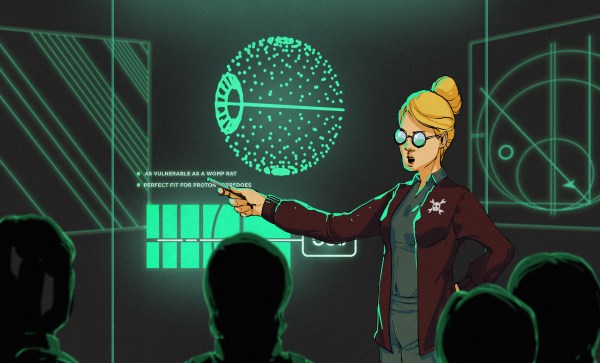Better to give a talk at a hacker event, that is. Or in your hackerspace, or even just to a bunch of fellow nerds whenever you can. When you give the talk, don’t be afraid to make it too “easy” to understand. Making a tough topic comprehensible is often the sign that you really understand it, after all, and it’s also a fantastic service to the audience. And also don’t be afraid that your talk isn’t “hard core” enough, because with a diverse enough crowd, there will absolutely be folks for whom it’s still entirely new, and they’ll be thankful.
These were the conclusions I got from talking to a whole range of people at Chaos Communication Camp the weekend before last, and it’s one of the great opportunities when you go to an event like this. At Camp, there were a number of simultaneous stages, and with so many talks that new ones are still being released. That meant that everyone had their chance to say their bit, and many many did.
And that’s great. Because it’s obvious that getting the work done, or diving deep into a particular topic, is part of the hacker experience, but it’s also equally important to share what you’ve gained with the rest of the community. The principle of spreading the knowledge is a cornerstone of our culture, and getting people up to talk about what they’ve learned is the manifestation of this cultural value. If you know something, say something!
Of course, when you’re not at a conference, you could be writing up your hacks and sending them in to the tips line (hint, hint!). That’ll work too.












